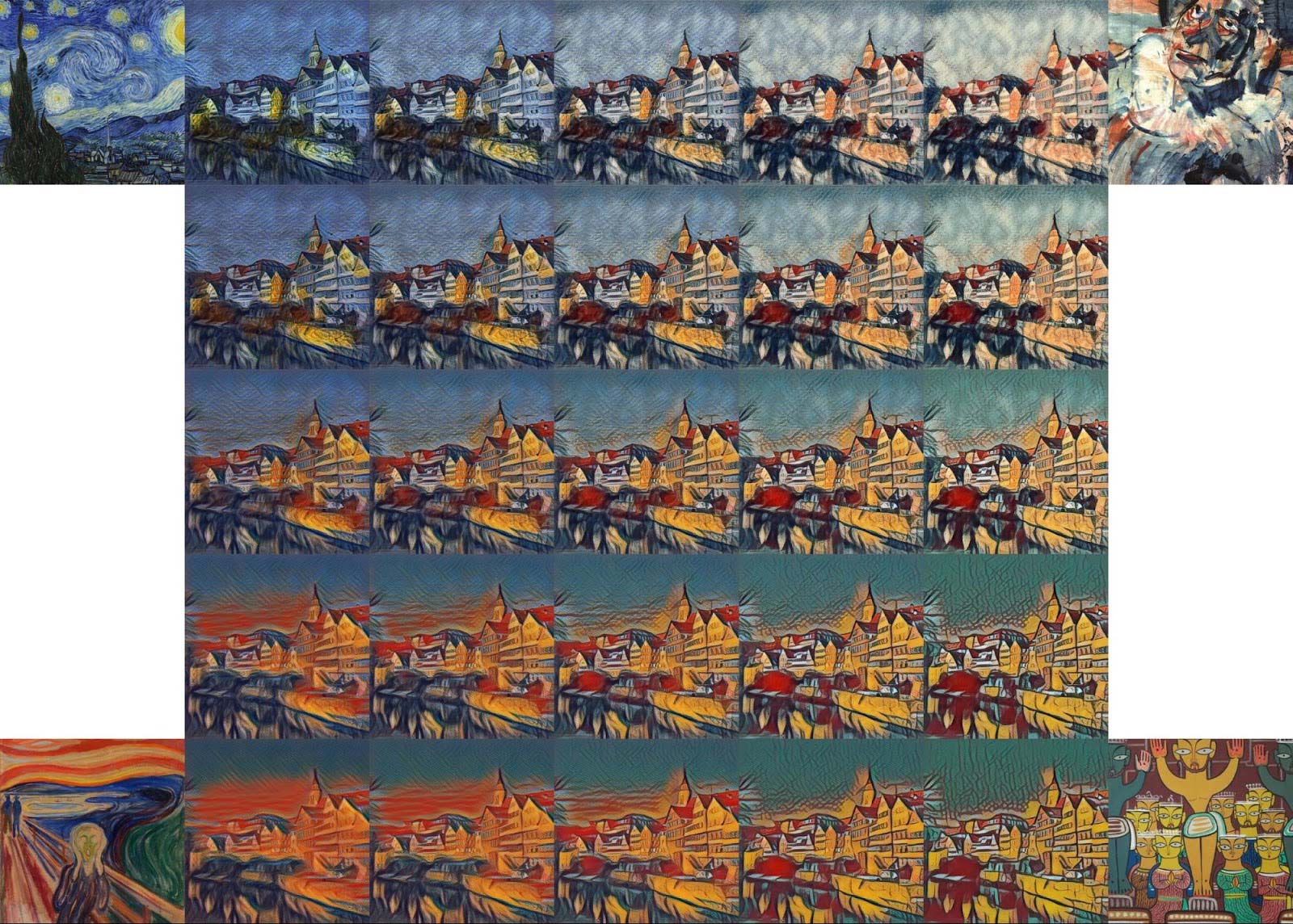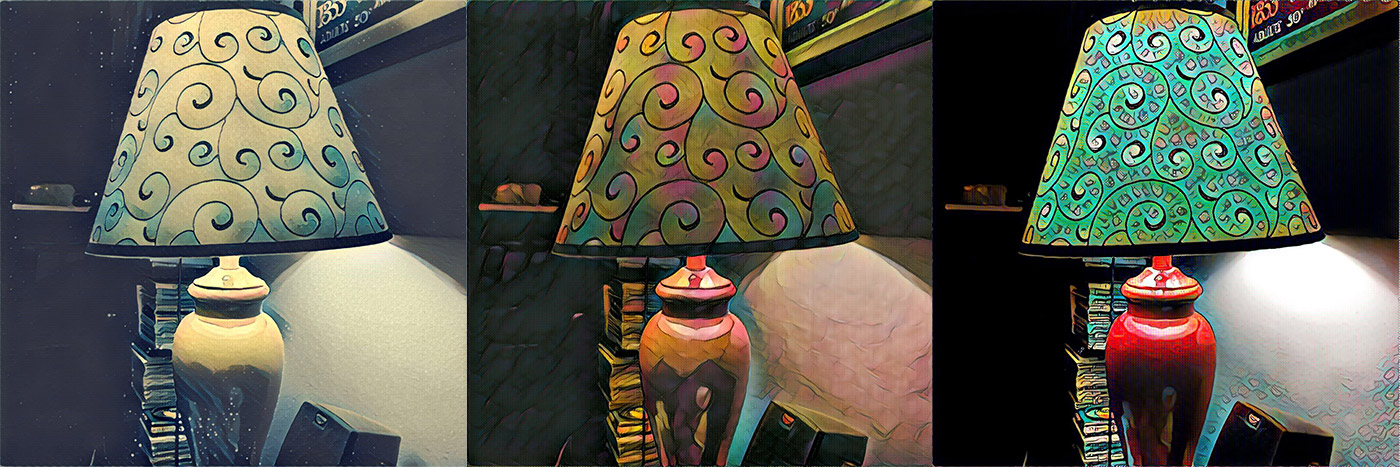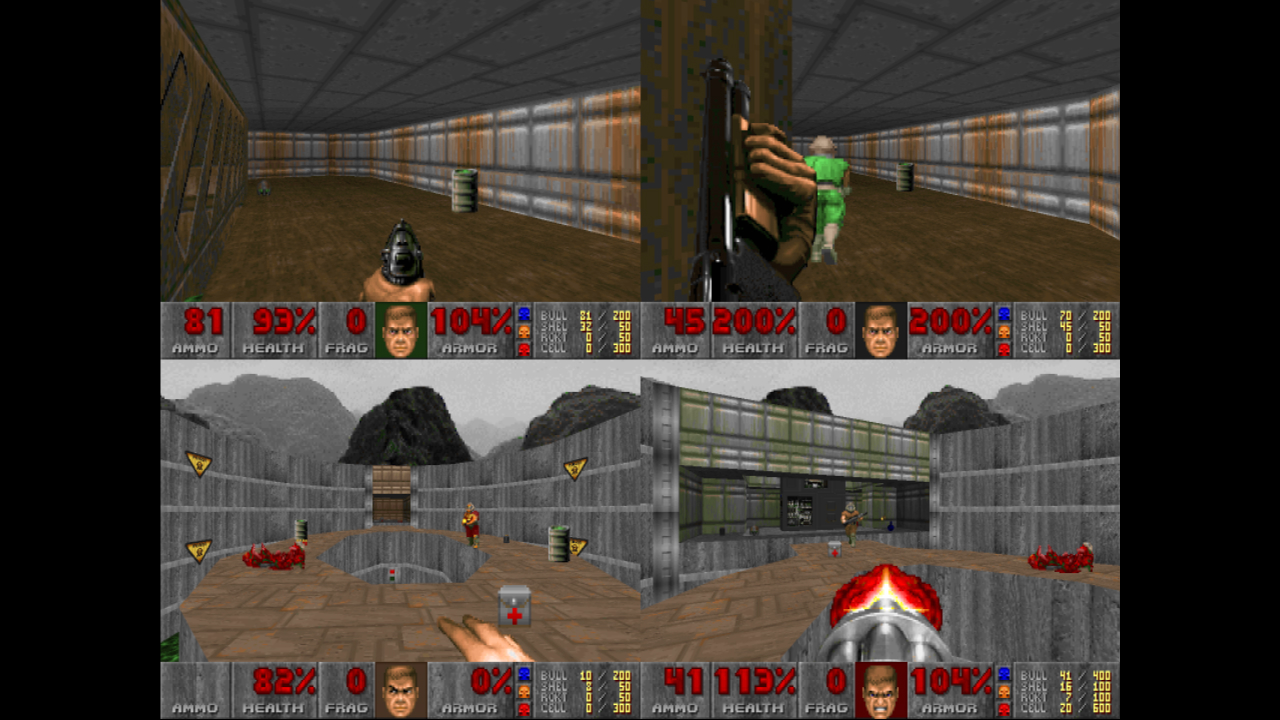
Mountain View has just picked up some experts on deep neural networks with their acquisition of DNNresearch, which was founded last year by University of Toronto professor Geoffrey Hinton and graduate students Alex Krizhevsky and Ilya Sutskever. The group is being brought into the fold after developing a solution that vastly improves object recognition. As a whole, advances in neural nets could lead to the development of improved computer vision, language understanding and speech recognition systems. We reckon that Page and Co. have a few projects in mind that would benefit from such things. Both students will be transitioning to Google, while Hinton will split his attention between teaching and working with the search giant.
Filed under: Misc, Internet, Google
Comments
Via: TechCrunch
Source: University of Toronto
 Basic filters are soooo last year, and Google knows it. It's all about turning your mundane pet photos into works of art now, spearheaded by popular mobile app Prisma. Since it launched earlier this year, Prisma's added an offline mode and video supp...
Basic filters are soooo last year, and Google knows it. It's all about turning your mundane pet photos into works of art now, spearheaded by popular mobile app Prisma. Since it launched earlier this year, Prisma's added an offline mode and video supp...
 Basic filters are soooo last year, and Google knows it. It's all about turning your mundane pet photos into works of art now, spearheaded by popular mobile app Prisma. Since it launched earlier this year, Prisma's added an offline mode and video supp...
Basic filters are soooo last year, and Google knows it. It's all about turning your mundane pet photos into works of art now, spearheaded by popular mobile app Prisma. Since it launched earlier this year, Prisma's added an offline mode and video supp...
 Yahoo is the latest tech company to open source its computer vision code. The beleaguered outfit's application for it? Filtering porn. Yahoo hopes that its convolutional neural net (CNN) will empower others to better guard innocent eyes, but admits t...
Yahoo is the latest tech company to open source its computer vision code. The beleaguered outfit's application for it? Filtering porn. Yahoo hopes that its convolutional neural net (CNN) will empower others to better guard innocent eyes, but admits t...
 We've seen DeepMind's acid trip photo creations and what it looks like when algorithms colorize black and white photos. But you need to be near a computer for the former, and do some pretty heavy lifting, scientifically speaking, to set up the latter...
We've seen DeepMind's acid trip photo creations and what it looks like when algorithms colorize black and white photos. But you need to be near a computer for the former, and do some pretty heavy lifting, scientifically speaking, to set up the latter...
 For all of Amazon's grand plans regarding delivery drones, it still needs to figure out concepts we take for granted with traditional courier methods. Namely, figuring out how to drop off your latest order without destroying anything (including the U...
For all of Amazon's grand plans regarding delivery drones, it still needs to figure out concepts we take for granted with traditional courier methods. Namely, figuring out how to drop off your latest order without destroying anything (including the U...
 An AI learning to walk through a Doom-inspired maze by sight is one thing, but how can it handle live multiplayer mayhem? That's what the "Visual Doom AI" competition this September hopes to discover. The first set of matches are limited to a dozen 1...
An AI learning to walk through a Doom-inspired maze by sight is one thing, but how can it handle live multiplayer mayhem? That's what the "Visual Doom AI" competition this September hopes to discover. The first set of matches are limited to a dozen 1...
 We've seen the horrific results of Google's servers taking acid and interpreting photos with DeepDream, but what happens when a neural network does something altogether less terrifying with snapshots? It'll go all Ted Turner and colorize black and wh...
We've seen the horrific results of Google's servers taking acid and interpreting photos with DeepDream, but what happens when a neural network does something altogether less terrifying with snapshots? It'll go all Ted Turner and colorize black and wh...
